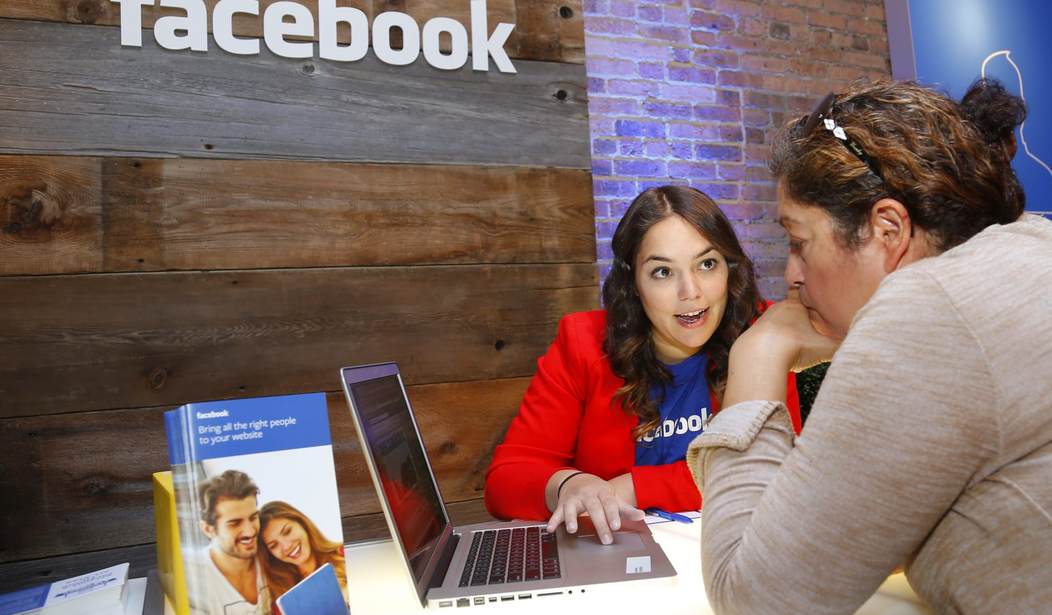WASHINGTON – Cass Sunstein, former administrator of the White House Office of Information and Regulatory Affairs in the Obama administration, suggested that Facebook experiment with an “opposing viewpoints button” in the website’s newsfeed but cautioned against the company curating content based on policy positions.
“You could just click on it and you would get, for a certain amount of stuff that comes on your newsfeed, things that think differently from how you think – and it could make you very unhappy that you clicked the button because ‘why are they sending me this nonsense?’” he said during a discussion about his book, #Republic: Divided Democracy in the Age of Social Media, at the American Enterprise Institute.
“But it could make you think, ‘oh, these people are even sillier than I thought’ and it’s good to know that, or it might make you think, ‘oh, they actually have some ideas that are not unreasonable, I’m glad to hear them,’” he added.
AEI resident fellow Michael Barone asked Sunstein how Facebook would be able to fairly “curate” content if the majority of the company’s employees have left-leaning political views. Sunstein said Facebook should “almost certainly” not curate content by choosing to focus on particular public policy positions.
“The word ‘curate’ is ambiguous. If they curated in a way that picked a particular position, that would be objectionable for any number of reasons and it probably would not be in their economic interests,” Sunstein said.
Sunstein told Barone he admires Sen. Orrin Hatch (R-Utah) for his willingness to work with the opposing party, but said that approach is harder for a politician to take in the social media age.
“The capacity of people similarly situated to Senator Hatch to work together without endangering their electoral prospects is much worse than it was. And social media is a contributor because they know as soon as they say ‘I am working with that person on that issue,’ Twitter is going to go crazy – and it works for both Democrats and Republicans,” he said.
Barone brought up the Neil Gorsuch nomination as an example of a polarizing issue. Sunstein said he thought Democrats should not have fillbustered Gorsuch and instead vote yes or a “soft, respectful no” on the nomination.
“If he or she shared that view, to take that line, you are a demon on Twitter and Facebook, and to get yourself explained in those contexts is very challenging,” he said.
Sunstein, a Robert Walmsley professor at Harvard University Law School, was asked for his analysis of political bias among the faculty at colleges and universities.
“If any academic identifies himself or herself in a way that is very ideologically describable, they are not doing their job because it would be amazing if, suppose you are a political scientist, if your views on 12 of the leading issues today, on every one, lined up with one of our current political parties,” he said. “That would be amazing in a bad way.”









Join the conversation as a VIP Member